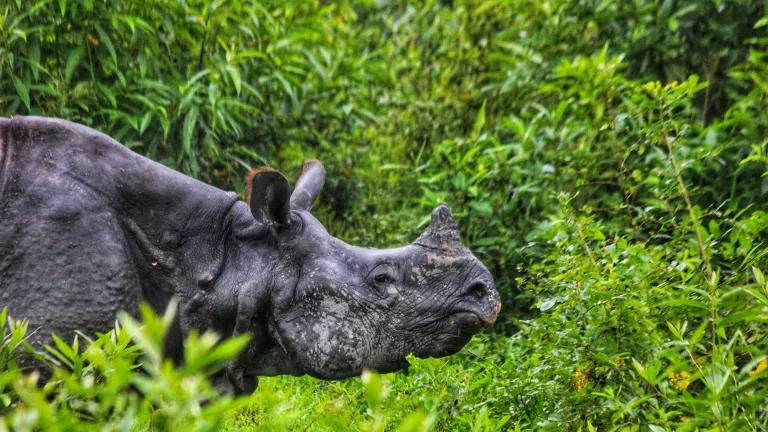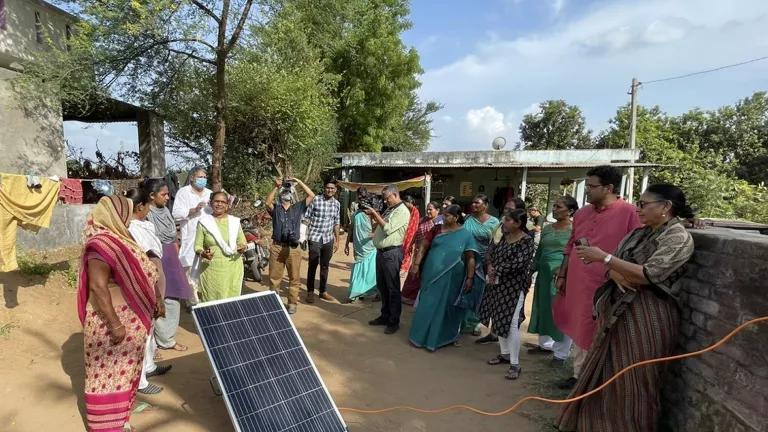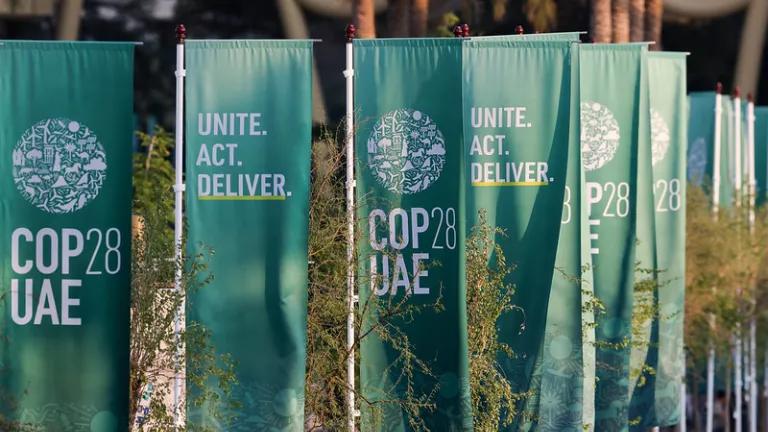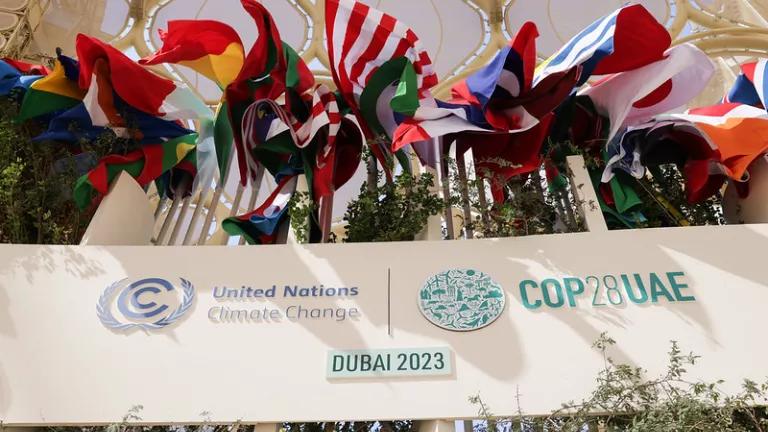India Green News: India RE Capacity to Double by 2022 & More
India could end up as one of the worst affected by climate change; IMF; India’s renewable energy capacity to double by 2022, report says; Delhi’s air goes from moderate to poor, likely to get worse soon

India Green News is a selection of news highlights about environmental and energy issues in India.
September 29 – October 05, 2017
CLIMATE CHANGE
India could end up as one of the worst affected by climate change: IMF
A recent study conducted by the International Monetary Fund has pointed out that India could be one of the worst affected by climate change.
A rise in temperature of 1 degree Celsius would lead to a 1.33% percent drop in the Indian per capita output spells the report. The drop in per capita output can be credited to lower agricultural output coupled with reduced productivity of workers exposed to heat, slow investment and damaged health.
With a drop in the percentage of per capita income expected to land at 1.33%, India joins countries such as Bangladesh, Sri Lanka and Malaysia….
(Times Now – October 3, 2017)
India’s new wildlife plan focuses on climate change, landscape management
The environment ministry launched its third wildlife action plan, which shapes the management of wildlife across the country for the next 15 years, at the start of Wildlife Week — celebrated every year in the first week of October.
For the first time the plan incorporates areas like the impact of climate change on wildlife and habitats, and landscape management.
“The plan is landscape rather than sanctuary or national park-based,” environment minister Harsh Vardhan, said….
(Hindustan Times – October 4, 2017)
ENERGY
India’s renewable energy capacity to double by 2022, report says
India’s renewable energy capacity will more than double by 2022, which would be enough to overtake renewable expansion in the European Union for the first time, International Energy Agency (IEA) said in a report.
The country’s renewable energy installed capacity is 58.30 GW as per the recent government data. The government has an ambitious target of raising it to 175 GW by 2022 including 100 GW of solar and 60 GW of wind energy.
“By 2022, India’s renewable capacity will more than double. This growth is enough to overtake renewable expansion in the European Union for the first time,” IEA said in its latest renewables market analysis and forecast….
(Hindustan Times – October 4, 2017)
Indian renewables financing agency raises US$300 million on London Stock Exchange
The Indian Renewable Energy Development Agency (IREDA), a state-run financier, has launched its first Green (Masala) Bond on the London Stock Exchange (LSE), raising US$300 million (INR19.5 billion) in the process.
The five-year bond, which will be dual listed on both the LSE and Singapore Stock Exchange, has a coupon of 7.125% and becomes the first green Masala bond to be listed on LSE’s International Securities Market (ISM).
Masala bonds are Indian rupee-denominated bonds issued in offshore capital markets….
(Economic Times – October 4, 2017)
Indian Railways to add 30 MW of additional rooftop solar
Indian firms Azure Power (NYSE:AZRE) and Fourth Partner Energy have secured contracts to install 30 MW of rooftop solar power facilities for Indian Railways.
Under the deals, awarded last week, solar power producer Azure Power will install 20 MW of photovoltaic (PV) panels for the railway operator, while Fourth Partner Energy will be in charge of building a 10-MW plant, the two firms said separately last week. The larger project will involve the construction of rooftop solar systems at Indian Railways facilities across 17 states and union territories and sale of electricity for 25 years. The generated power will be sold at a tariff ranging between INR 3.64 (USD 0.056/EUR 0.047) per kWh and INR 4.49 per kWh depending on the location….
(Renewables Now – October 4, 2017)
SECI planning two 10MW floating solar projects in India
Solar Energy Corporation of India (SECI) is implementing two floating solar (FPV) projects of 10MW capacity each in the Indian states of Andhra Pradesh and Kerala, the head of the projects’ design team has confirmed.
S. P. Gon Chaudhuri, head of Arka Renewable Energy College, part of NB Institute for Rural Technology (NBIRT), told PV Tech that the projects will use crystalline silicon cells and the modules will have 310Wp output with the floating structure and anchoring designed by Arka.
At present, these would be the largest floating solar projects in India. The largest in the world to date stands at 40MW in China, but it is due to be surpassed this year in the same Anhui region….
(PV Tech – October 4, 2017)
ENVIRONMENTAL HEALTH AND AIR POLLUTION
Delhi’s air goes from moderate to poor, likely to get worse soon
Delhi’s air quality has degraded from moderate to poor since September 27, The Times of India reported on Sunday. According to the Central Pollution Control Board’s daily air pollution index, the last days of poor air quality were in June. But air quality this summer and monsoon were better than that of 2016, the pollution board data shows.
Traffic congestion due to Dussehra could have resulted in the deteriorating air quality, experts told the daily. However, the rapid fall in temperature, burning of agricultural residue in neighbouring Haryana and Punjab, and Diwali fireworks are likely to erase the gains of the last three months….
(Scroll.in – October 1, 2017)
EESL to procure 10,000 electric vehicles from TATA Motors
Energy Efficiency Services Limited (EESL), under the administration of Ministry of Power, will procure 10,000 electric vehicles from Tata Motors Limited, said a Power Ministry release.
The company was selected through an international competitive bidding aimed at increased private sector participation. Tata Motors won the tender and will now supply the Electric Vehicles (EVs) in two phases; in the first phase 500 e-cars will be supplied to EESL by November 2017 and the rest 9,500 EVs will be delivered in the second phase, it informed.
The tender floated by EESL is the world’s largest single electric vehicle procurement. Three leading manufacturers; Tata Motors Limited, Mahindra & Mahindra and Nissan participated in the tender and the bids for TATA Motors Limited and Mahindra and Mahindra (M&M) were opened….
(India Info Online – October 2, 2017)
Compiled by Laasya Bhagavatula
Note: The linked articles and excerpts in this post are provided for informational purposes only and do not necessarily reflect the views or positions of the India Initiative or of the Natural Resources Defense Council.



